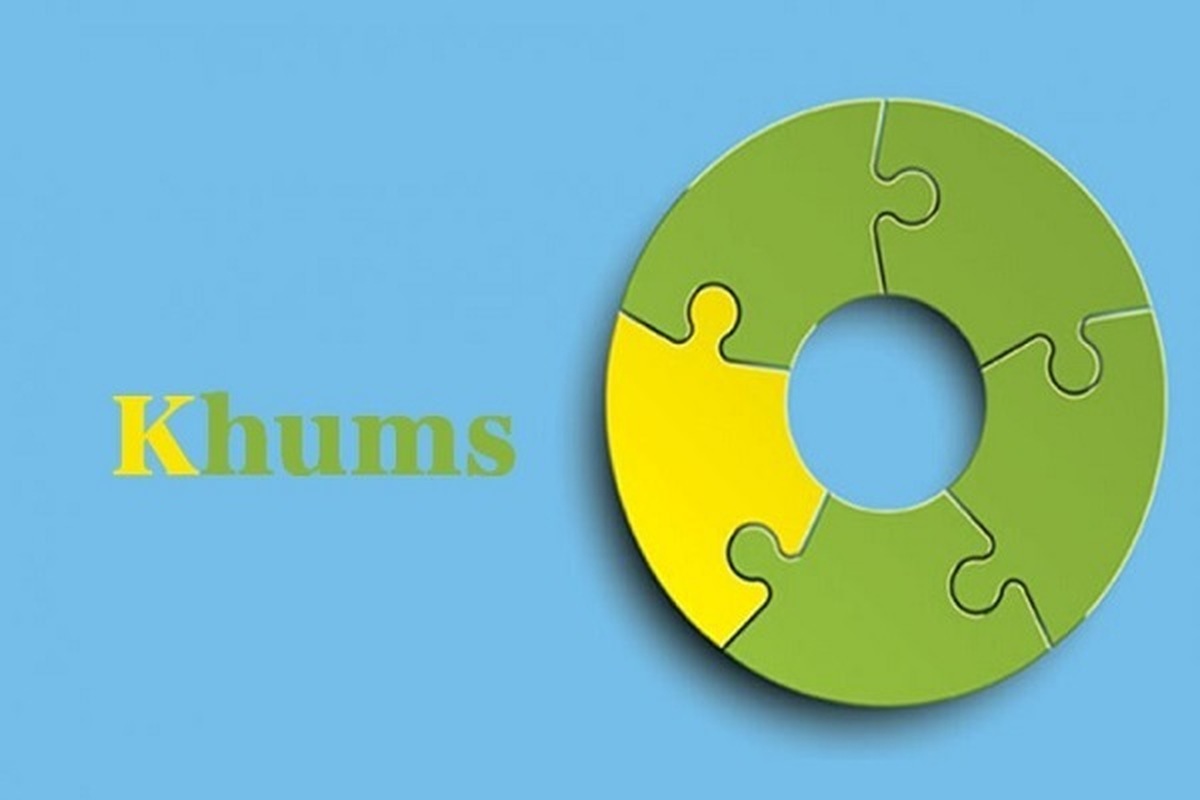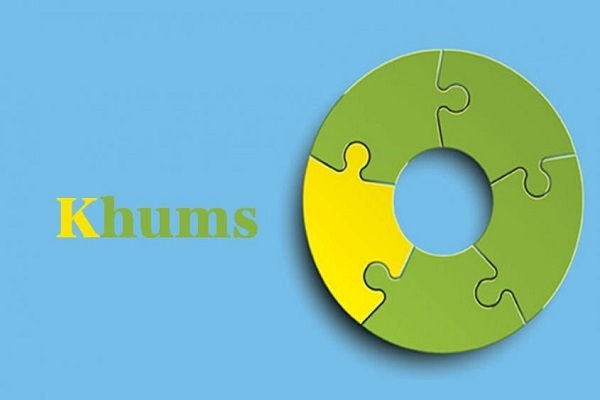Philosophy of Khums and Zakat in Islam


What Islam introduces to solve this problem is paying Khums and Zakat.
Islam considered what is earned through illegitimate ways and means such as usury, embezzlement, theft, bribery, etc, to be Haram and orders the Islamic government to return such money to its owner.
Nonetheless, due to the differences among people in terms of talents and abilities, some people earn more through legitimate means while some others may not be able to earn enough to live.
All human societies have sought ways to solve the problems of those who are poor and do not earn enough, because otherwise, there would be many social problems.
In order to prevent them, governments and individuals have offered different solutions, including taxes, social security and establishment of charities.
Islam, which is a comprehensive religion, has also introduced plans for combating poverty and resolving the problems of the poor. One of these plans is Khums (the required religious obligation of any Muslims to pay 20% of their acquired wealth from certain sources toward specified causes).
Caring for the poor is so important that Imam Ali (AS), while saying prayers at mosque, gave his ring to a poor man who was asking for help. After that Verse 55 of Surah Al-Ma’idah was revealed: “Only God, His Messenger, and the true believers who are steadfast in prayer and pay alms, while they kneel during prayer, are your guardians.”
Khums is a kind of moderating and balancing wealth that one engages in willingly, based on his faith and with the aim of getting closer to God.
He gives 20% of his acquired wealth and earnings that surpass the expenses of life in one year to the most knowledgeable, righteous and pious person (a source of emulation) to spend it on his behalf for what benefits the society.
This balancing of wealth through Khums and Zakat is Wajib (obligatory). Islam also introduces other ways for it that are not Wajib, such as Waqf, Sadaqah, Nazr, Infaq, etc.
In some economic schools such as communism, moderating and balancing wealth are done by rejecting private ownership and allowing the government to monopolize everything by force. In such an approach, there is no freedom and no way for growth.
Translated by Seyed Hossein Beheshti Shakib


